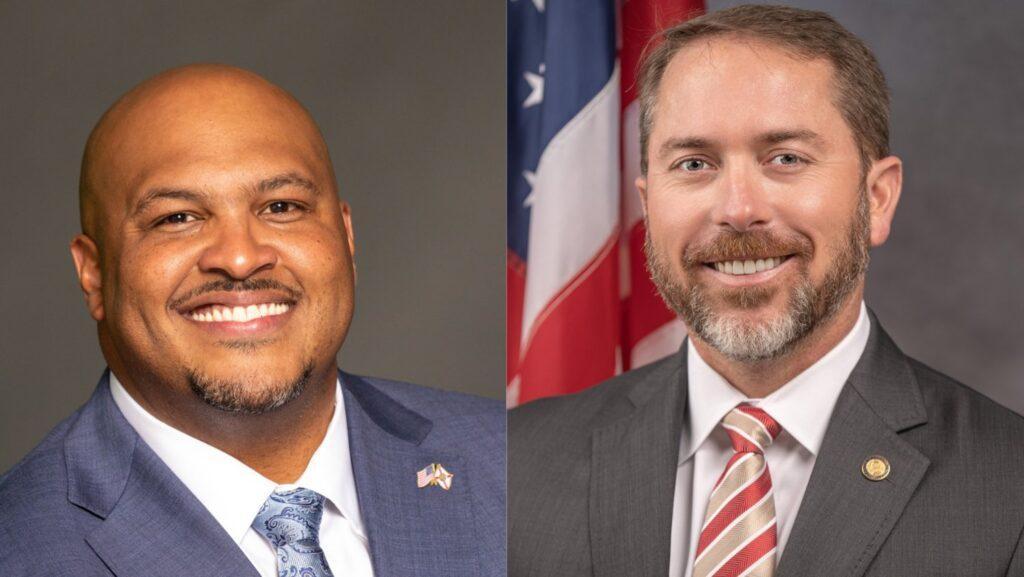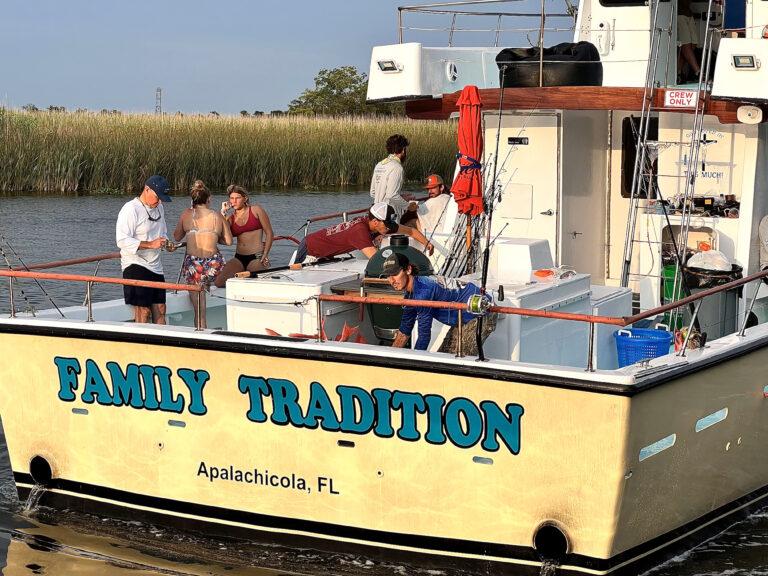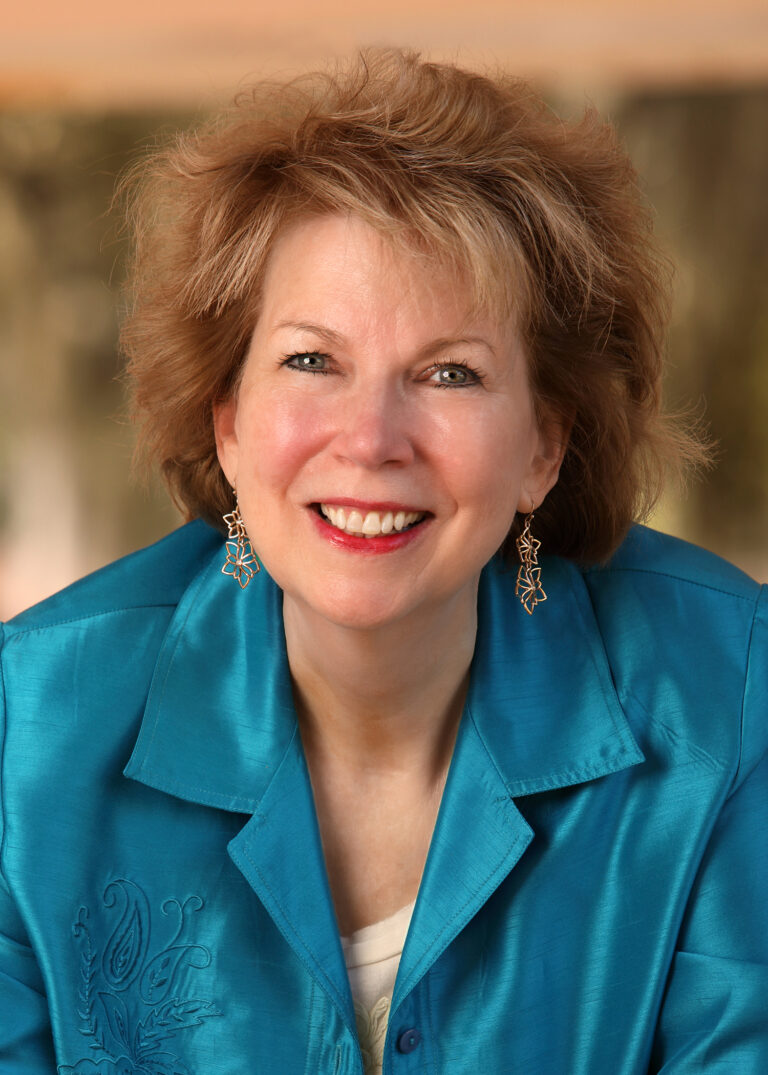Legislators get warm welcome at delegation hearing
The annual legislative delegation hearing in Apalachicola’s county commission chambers is usually filled with polite praise for the state senator and state representative working on Franklin County’s issues before the state.
After all, they’re bringing home the berries for lots of hungry constituents, and there was no shortage of pointed requests for fiscal acorns that could satisfy the appetites of local residents.
But at the Sept. 27 delegation hearing, the atmosphere was particularly friendly, marked by the presentation by County Commission Chairman Ricky Jones of framed copies of recently adopted resolutions of “sincere thanks and gratitude” for the work of State Sen. Corey Simon (R-Tallahassee) and State Rep. Jason Shoaf (R-Port St. Joe) during the last delegation session.
The words of each of the constitutional officers, and the words of the representatives from each of two cities, was similarly saturated with praise.
“Thank you for the fantastic job you’re doing,” said Sheriff A.J. Smith. “You are very communicative. You call when things are going on, you call when things aren’t going on, and I appreciate being able to get you on the phone.
“I appreciate that you are always accessible,” he said.
Smith thanked the solons for working to secure $1.5 million to replace sheriff’s radios, and for a change to the Tourist Development Council statute that will increase the available allocation of monies to public safety, money the county hopes will cover the costs of adding full-time deputies on St. George Island.
The sheriff was echoing what Jones had outlined in his opening remarks, with Commissioner Cheryl Sanders seated in the front row.
Boat ramp needed at Alligator Point
Jones began by noting a perennial fact about the county, that somewhere in the neighborhood of 88 to 90 percent of the county land is in the hands of the state and federal government.
He then zeroed in on specifics, such as acquiring an area to put in a new shooting range, since the current one is immediately behind the humane society building. “We will be coming to you guys for that,” Jones said.
A high-profile request, which Shoaf said is being looked at carefully by the state, is the improvement of boat ramps in the eastern end of the county, primarily the existing one at Leonard’s Landing in Alligator Point.
“Because of increased aquaculture, Franklin County still struggles with an appropriate boat ramp to get into Alligator Harbor,” Jones said, noting that the county has two acres nearby, and the state owns land as well adjacent to the landing as part of more than 400 acres it controls.
Shoaf said he has spoken with Shawn Hamilton, the Florida Secretary of Environmental Protection, who said they are doing surveys now in the containment zone there, to create what Shoaf called “a gradual slope boat ramp.”
“They (FDEP) would take care of the funding for that,” Shoaf said.
Jones thanked the legislators for helping to secure funding for a new emergency operations center and for a new fire truck for the Lanark-St. James Volunteer Fire Department, He said the county would like to put in an ambulance station to serve that Lanark area as well.
The county chairman said the county hopes to see changes in state rules that will not require fiscally constrained counties such as Franklin County to put up the same amount of match as others to secure funds from Triumph Gulf Coast.
“We struggle with the ‘claw back provision’ for job creation,” Jones said, referring to rules in the dissemination of millions of dollars handed down in the aftermath of the BP Deepwater Horizon oil spill, rules which can force return of monies that do not result in promised job creation.
“It’s really a statewide issue,” he said. “We continue to struggle with housing inventory.”
Superintendent pleads for teacher pay hike
In his remarks, Superintendent Steve Lanier, who had earlier provided the opening prayer, referred more specifically to the housing issue, as a crucial reason why the district has trouble attracting educators to move here.
Lanier presented an emphatic appeal on behalf of raising teachers’ pay, the sort of passionate ask usually voiced on the other side of the negotiating table.
“We have the third lowest starting teacher salary in Florida,” said Lanier. “When the governor gave a pay raise a few years ago to $47,500, we’re starting at $43,000 because we don’t have the funds to pay for that.
“Our teachers deserve more pay, they are the backbone of our school system,” he said. “We’re having a difficult time getting teachers down here. We’re 8 percent short on teachers right now.
“This has been an ongoing issue for a long time,” Lanier continued. “A family of two, three or four on $43,000 a year, you’re not going to find a place to live in Franklin County because of the housing situation.
“All of our county commissioners have done a good job and they understand all that. Our citizens understand all that,” he said. “But we just have to do a better job of paying our teachers. You need to come up with a way to pay them.”
Lanier referred then to his stated intention to seek a millage shift in the existing school taxation, so that the millage remains the same but with more of that ad valorem revenue allocated to salaries.
Simon addressed Lanier’s remarks by outlining what the state has so far done to address the matter.
“Last year we increased our teacher salaries by 12 percent,” he said. “This year we added another $252 million to bring it to well over a billion dollars for teacher pay.
“We will continue to look at ways we can add dollars to teacher pay. That our teachers are well paid and can live in the areas where they actually work in.”
The first-term state senator, elected in 2022, cited the $100 million allocated in tax breaks for Hometown Heroes, and another $100 million for the Live Local act, the foundational legislation for a statewide workforce housing strategy, designed to increase the availability of affordable housing opportunities for Florida’s workforce, who desire to live within the communities they serve.
Simon noted this wife worked as a special education teacher for a number of years in the sixth, seventh and eighth grades.
Apalachicola seeks $5 million in stewardship money
One of the biggest financial requests from public officials came from Apalachicola Mayor Brenda Ash, who urged the legislators to back a request for up to $5 million in monies for surface and groundwater support for the city’s infrastructure.
The groundwork for these funds was laid last year by the Stewardship Act, a legislative success aided by both Simon and Shoaf, for which Ash was appreciative.
The $5 million figure was a ceiling proposed in the establishment of the stewardship category, which was based on Apalachicola’s status as an Areas of Critical State Concern.
The mayor said the city is seeking the creation of a line item this next session for the first of what could be as much as $25 million over the next five years.
“We’ll be in your faces, we’ll be on your phone pushing for the full $5 million,” Ash said.
Following her remarks as mayor, she then spoke in a clearly differentiated status as a private citizen, in her role administering the St. George Plantation Owners Association.
“The west end of the Plantation has seen tremendous erosion,” she said. “The homes along the beach are slowly losing their beach area.
“I know funding is very limited if non-existent for private entities,” Ash said. “We would greatly appreciate it if you would be willing to join us in taking the tour, and looking at before and after pictures. if we can have a conversation of what can be done, I would greatly appreciate that.”
The legislators in Tallahassee also heard from Clerk of Court Michele Maxwell, who outlined a request the state clerks association backs that would redirect revenue from certain services clerks provide. “This allows the clerk to retain more of the funds,” she said.
Tax Collector Rick Watson enumerated the transactions his office handles, noting that in 2022, the office collected $30 million as it handled 16,800 transactions with the Florida Department of Revenue, 4,085 hunting and fishing transactions, 22,000 transactions for car tags and licenses’, and 3,200 driver’s licenses transactions, with a total of $641,000 in sales tax collected.
He said that the Florida Tax Collectors Association, of which he is treasurer, is backing a “good government bill to streamline some of the services these offices provide for our state partners,” as well as a bill regarding hiring and retention. “There’s a real concern about their (staffers’) salaries,” Watson said.
Courtney Dempsey, Carrabelle’s city administrator, asked for support for the Baywood Drive project, where the roadways are in very poor condition. “During periods of high rainfall several portions of the road are underwater,” she said. “There’s limited access by residents and emergency vehicles.”
John Alonso, assistant chief of the St. George Island Volunteer Fire Department, asked the legislators to influence the governor to allow the $1,000 bonuses granted to every first responder in the state to be extended to volunteers.
“The governor has neglected the volunteers for the last two or three years,” he said. “What about all us volunteers? We do it out of courtesy, of our own private time, our own hearts. We have the same training.”
Liberty Caucus wants feds out of public health
Mary Helms, with the state and local Republican Liberty Caucus, urged the two men to look carefully at a public health law signed by Governor DeSantis.
“My problem with this law is that there’s a lot that’s very egregious, like forced quarantine and treatment by any means,” she said. “The biggest problem with the law is the statement many times about the federal government oversight in this law.”
In reading aloud portions of the law, she enunciated the phrase “the federal government” as an entity that she indicated should have little or no part in state health policy. “In other words our state health officer is subordinate to federal standards,” said Helms. “In other words this is the MacDaddy law of all laws in the state and we have the federal government written all over it.
“We get freedom from small government, we lose freedom in big government,” she said.
She said at a recent statewide Republican Liberty Caucus meeting, she learned that there were 350 bills passed in the last legislative session, which she said indicated the problem of “big government.”
“More bills need to be repealed in the 2024 session than were passed,” Helms said, “‘The most egregious law on our books gives total and complete control to the federal government.”
Shoaf wants bear hunt
After hearing from Jonathan Creamer, northwest regional director of the Florida Fish and Wildlife Conservation Commission, who the two legislators had invited to the delegation hearing, Shoaf voiced support for bear hunting.
“We’re having a conversation with the community, for a solution we can come up with,” Creamer said. “Bears need to live in the woods, not in town. We’re in a phase trying to figure out what the next step should be.”
Simon evidenced concern, but not a strong opinion, in contrast to Shoaf, who has filed legislation, unsuccessfully, each year to allow residents to kill bears in self-defense. Under his bill, people can kill bears without authorization or permits if the person feels threatened. However, a person cannot lure a bear or provoke an attack and must contact the Fish and Wildlife Conservation Committee within 24 hours so they can dispose of the remains. The person also may not “possess, sell, or dispose of the taken bear or its parts.”
Shoaf went further. “We really need a bear hunt, it’s what we need in North Florida,” he said. “We are inundated, we got way too many, and until we do that we’re going to continue to have these problems.
“What’s going to happen is what we had two years ago, we had a young girl attacked by one,” Shoaf said. “It’s going to happen again. It may be someone’s child or a dog but this bear problem is out of control and I have FWC’s commitment to address it and fix it and I’m really happy to say I believe I think they’re going to tackle this.”
Shoaf also stressed the “crisis” with the oyster industry. “We got to get that bay back open,” he said, advocating for low interest or no-interest loans, even grants, for displaced oystermen, “to be able to get into the aquaculture industry until our bay is back at full speed.
“These are all things that are musts, they have to happen and they will happen,” Shoaf said. “I’m surprised we don’t have more talk about that today. It’s talked about at the Capitol all the time and as long as we’re your representatives, it will continue to be.
“We can’t keep that bay closed, it’s already killing the community,” he said. “And it’s going to continue to do that until there’s nothing left.”
Simon closed the meeting by urging residents to speak out and share their views.
“I enjoy being part of this process because it shows the concerns of our community,” he said. “The squeaky wheel gets the grease and unfortunately we live in and we represent a district that doesn’t have the population of some of our other friends and colleagues.
“We want the state to understand the issues here in North Florida,” Simon said. “We will continue to show up for you.”
The legislative session starts Jan. 29, 2024, with the House in committee now and the Senate committee work starting next week.
Request forms from local governments are due no later than Nov. 1. ““Getting those forms to us allows us to act,” said Simon.



![Sen. Ben Albritton, R-Wauchula, was formally designated Tuesday to become the next Senate president. [Colin Hackley/File]](https://franklincounty.news/wp-content/uploads/2023/10/652f03f252ab0.image_-768x512.jpg)

Meet the Editor
David Adlerstein, The Apalachicola Times’ digital editor, started with the news outlet in January 2002 as a reporter.
Prior to then, David Adlerstein began as a newspaperman with a small Boston weekly, after graduating magna cum laude from Brandeis University in Waltham, Massachusetts. He later edited the weekly Bellville Times, and as business reporter for the daily Marion Star, both not far from his hometown of Columbus, Ohio.
In 1995, he moved to South Florida, and worked as a business reporter and editor of Medical Business newspaper. In Jan. 2002, he began with the Apalachicola Times, first as reporter and later as editor, and in Oct. 2020, also began editing the Port St. Joe Star.